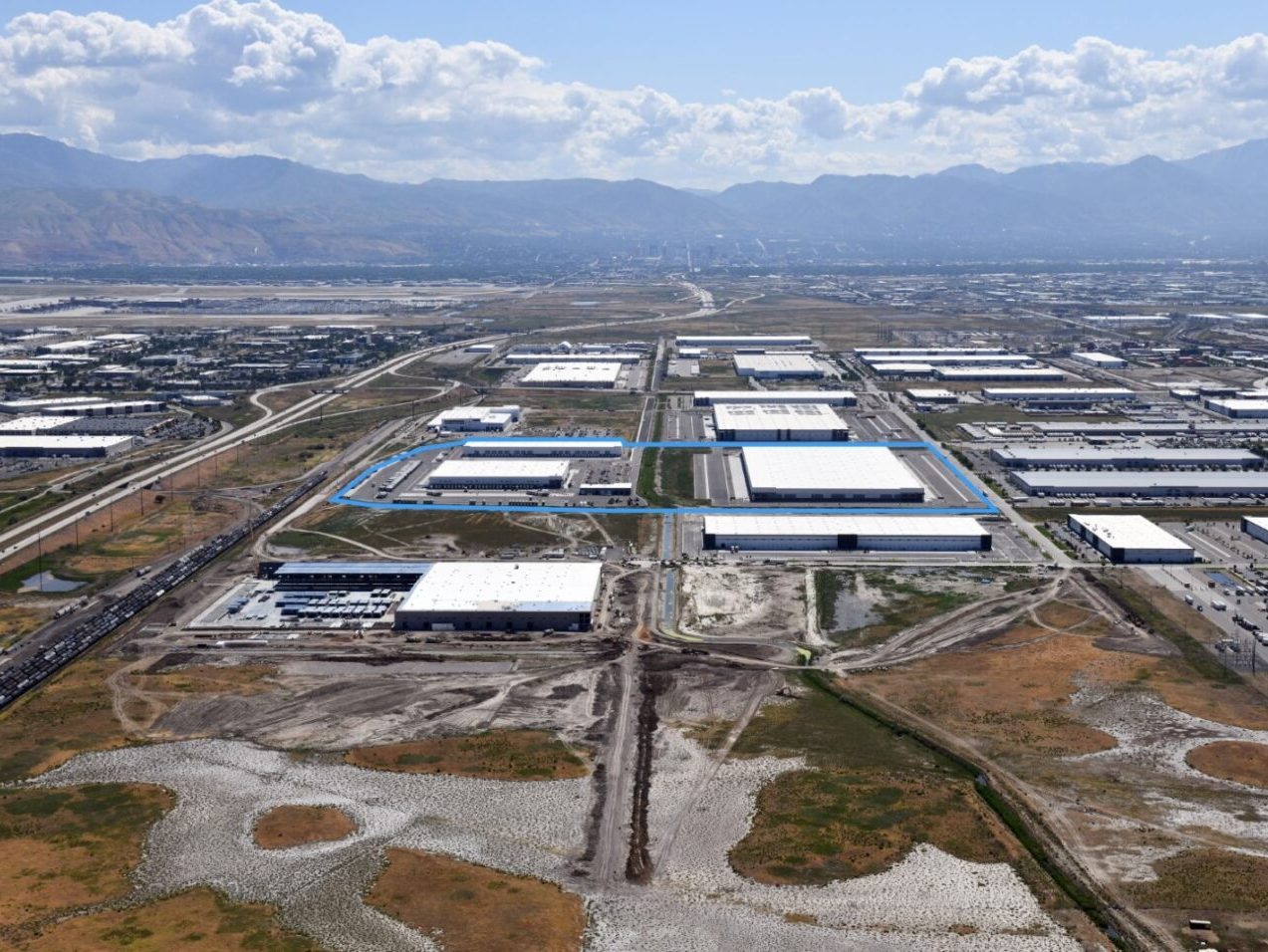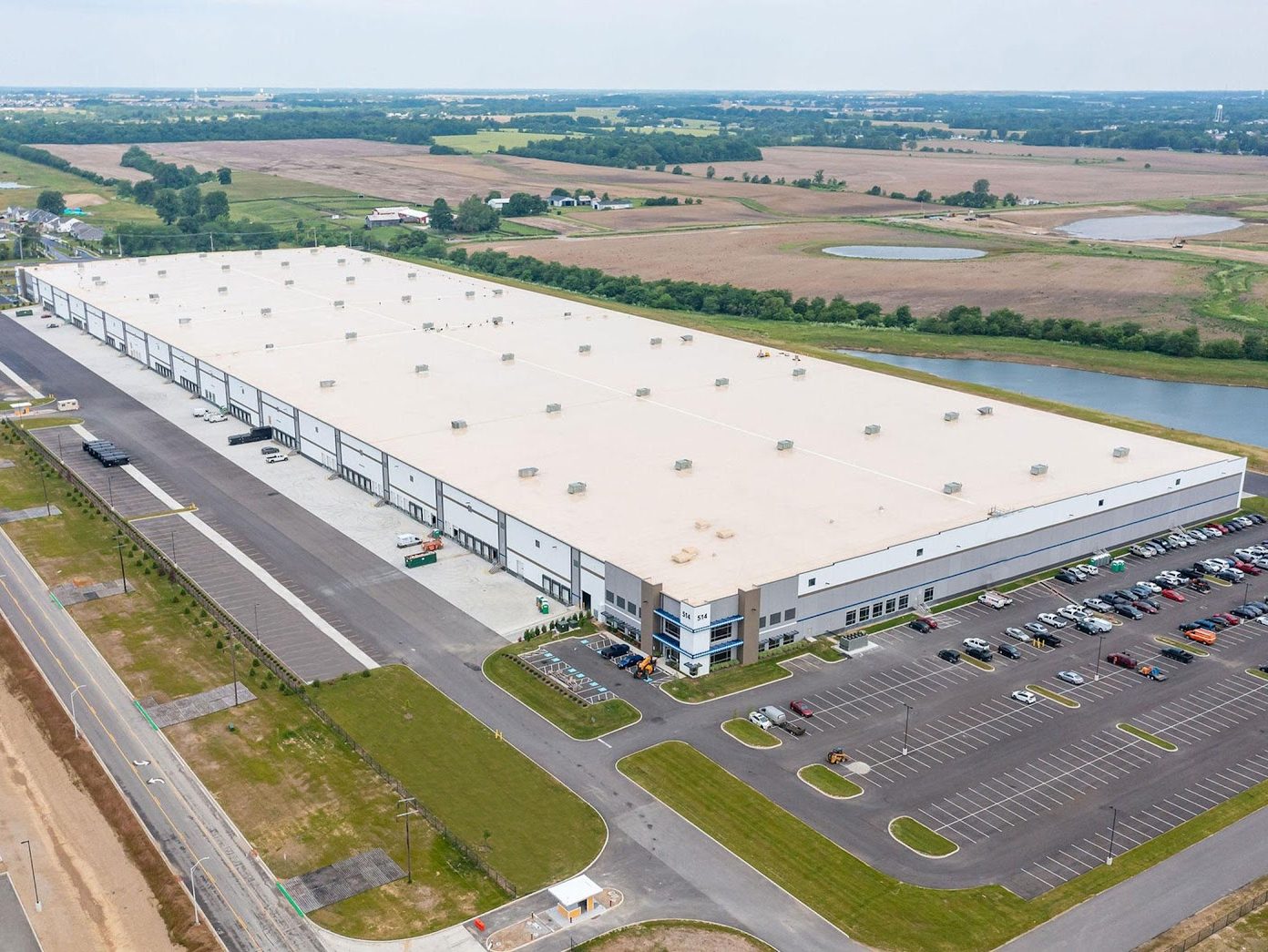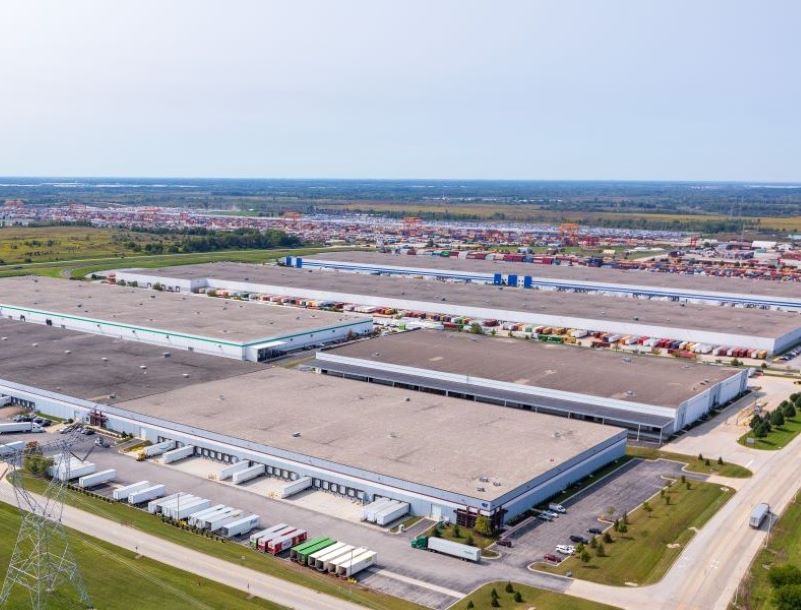Lenders Adopt Patient Outlook for Hotel Financing
Lenders are cautious about approaching the hospitality market due to events in Washington and beyond, according to attorney Barbara Anne Spignardo. The outlook for borrowers should improve as the year progresses.

Barbara Anne Spignardo
With the dawn of a new year, one might expect lenders to be at the ready to fund loans and kick off the first quarter with a flurry of lending activity. Do not, however, expect to see a burst of early-2019 financing secured by hospitality properties, construction or otherwise.
Lenders are cautious about approaching the hospitality finance market due to recent political and economic events, such as the Federal government partial shutdown, rising construction costs of new hotel properties, and the continued persistence and success of Airbnb and other “home away from home” vacation rental sites.
Despite such hesitations, there is optimism that demand for hotel rooms will continue to exceed new supply levels. As lenders wait to confirm this theory, they will likely take a “marathon, not a sprint” approach to financing hospitality projects in 2019, according to CBRE.
Government shutdown may impede demand
The ultimate effect of the partial Federal government shutdown in Washington, D.C. on the hospitality industry and the willingness of lenders to pipe funds into that particular asset class remains unseen. The shutdown’s impact on Federal employee’s income will likely result in less travel and tourism by Federal employees and contractors this year.
There was a bright spot for the hospitality industry outlook during the government shutdown. January—the shutdown ran from Dec. 22 until Jan. 25—is typically a slow travel period regardless. Had there been another shutdown, it may have had a more significant impact on the hospitality industry.
Rising construction costs could deter new developments
Rising construction costs serve as a deterrent to lenders and developers seeking projects in the hospitality industry. Expect construction costs to continue a strong, steady rise into 2019. Certain factors contribute to the expected rising construction costs such as a shortage of labor.
Recent natural disasters (specifically the hurricanes occurring in 2017 and 2018) draw construction laborers to impacted sites and away from other potential construction hubs. Lenders and developers will likely exercise a long-term view as to the length of construction projects and costs associated therewith; it is not likely projects will be funded with a quick commencement to construction early in 2019.
Home Sharing applications not major concern
Airbnb.com remains a potential competitor to the hotel industry. Currently, hotel lenders are not overtly concerned with vibrant Airbnb markets, as lenders look at hospitality projects. Lenders in the hospitality industry view the Airbnb market as a supplement to hotels and not ready to surpass hotels in terms of popularity.
The hotel market and available rooms are too vast for Airbnb to make a dent. Lenders and developers in the hospitality industry also rely on travelers choosing the known quality of hotels, instead of taking the quality risk presented by renting an Airbnb.
As lenders continue to analyze and research investment into certain markets, it is prudent to be aware of the Airbnb presence trying to make a push to the front of the pack, but such a presence is not likely to be the deterring factor as to lenders deciding what hospitality projects and the locations to look for finance opportunities in 2019.
Steady growth for project funding to come
Although not loaded into the front end of 2019, expect to see steady lender interest in financing projects in the hospitality market as the year progresses. Atypical projects expanding beyond standard hotel construction, renovation or take-out debt may pique lenders’ interest. LVMH’s announcement of an agreement to acquire Belmond is an intriguing trend to follow; with hotels offering “experiences” to guests in addition to lodging.
A focus on adding other elements to a guest’s stay is one way the hospitality industry will combat factors seeking to slow the industry’s growth. Expect lenders to carefully analyze potential projects and take a measured, marathon approach to the year, as the industry waits patiently to realize the effects of the partial government shutdown, rising construction costs and the steadfastness of Airbnb.
Barbara Anne (“B.A.”) Spignardo is an attorney with Washington, D.C.-based law firm Shapiro Lifschitz & Schram. She represents lenders, borrowers, developers, sellers and institutional investors.







You must be logged in to post a comment.